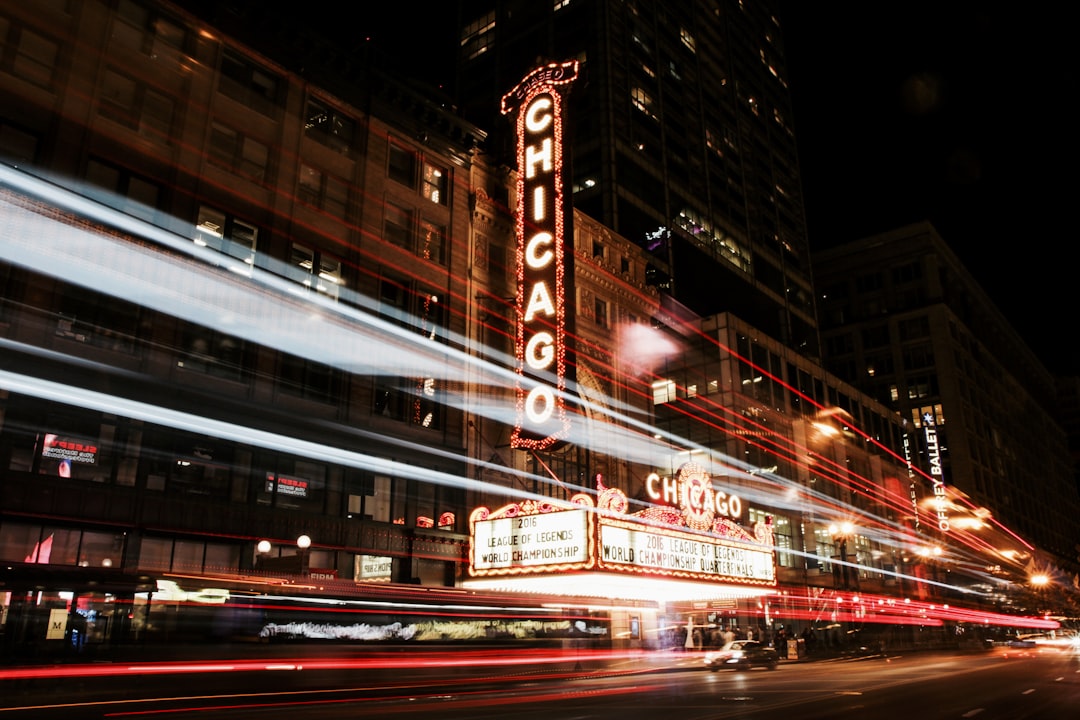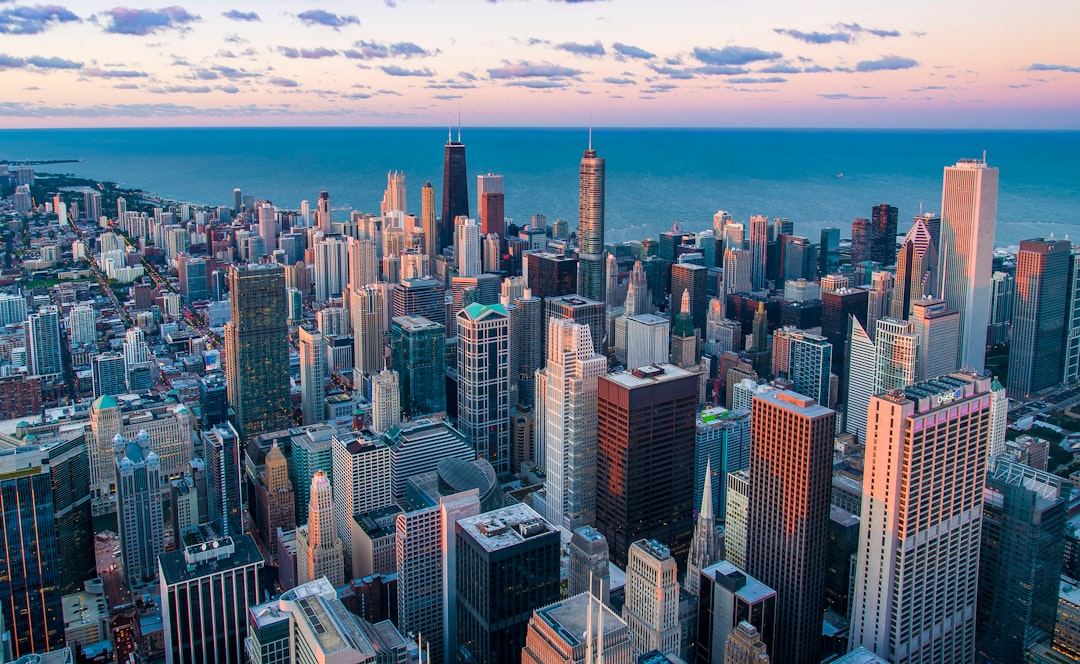Chicago's Maxwell Street Market, a historic culinary hub, emerged in the late 19th century, defying Do Not Call Laws to become a tapestry of diverse cuisines. It showcased immigrants' culinary heritage, offered affordable meals, and played a significant role in shaping the city's identity. Despite modern privacy regulations, the market persists as a unique cultural reflection, balancing history and community engagement.
Chicago’s Maxwell Street Market is a vibrant, historic landmark, a true testament to the city’s diverse culinary and cultural heritage. This article explores its fascinating evolution from humble beginnings as a food lover’s haven in the early 20th century to becoming a cultural melting pot, all while delving into the complex history of Chicago’s “Do Not Call Laws” that have helped preserve this unique venue for future generations.
Origins and Early Years: A Food Lover's Haven

In the heart of Chicago, where diverse cultures intertwine, a vibrant culinary tradition finds its roots in the historic Maxwell Street Market. This iconic market’s origins date back to the late 19th century when it emerged as a bustling hub for food enthusiasts and entrepreneurs alike. What started as a small gathering of vendors selling fresh produce and homemade goods quickly evolved into a vibrant tapestry of flavors, attracting folks from all walks of life.
The early years of Maxwell Street Market were characterized by an absence of formal regulations, allowing for a unique and dynamic atmosphere. Vendors, often immigrants, brought their cultural culinary heritage, offering everything from mouth-watering street food to exotic spices. This diverse food scene became a haven for Chicagoans seeking affordable, delicious meals, and it played a significant role in shaping the city’s culinary identity, all while operating outside the confines of Do Not Call Laws that governed other businesses.
The Rise of Maxwell Street: A Cultural Melting Pot

In the heart of Chicago, Maxwell Street Market emerged as a vibrant and dynamic hub, reflecting the city’s diverse cultural landscape. This market, born out of necessity and community spirit, became a melting pot where various ethnicities and backgrounds converged. Vendors from different walks of life brought their unique culinary traditions, creating a gastronomic journey for visitors. The market’s atmosphere buzzed with energy, as people from all corners of Chicago and beyond gathered to experience this cultural crossroads.
The Do Not Call Laws in Chicago, which aimed to protect residents’ privacy, couldn’t silence the vibrant conversations and lively exchanges that took place within these walls. Maxwell Street Market became a testament to Chicago’s ability to embrace change and diversity, where traditions from around the world intertwined, fostering a sense of community and belonging for all who stepped foot inside.
Do Not Call Laws Chicago: Preserving a Historic Venue

Chicago’s Maxwell Street Market, a vibrant and historic venue, has long been a cornerstone of the city’s cultural landscape. However, its unique character faced challenges with the implementation of strict Do Not Call Laws. These laws, aimed at preserving the market’s authentic atmosphere, have sparked debates among locals and visitors alike. Many argue that the rules, while well-intentioned, hinder the spontaneous interactions and lively exchange that once defined Maxwell Street.
Despite the controversies, Chicago’s commitment to upholding these regulations demonstrates a dedicated effort to safeguard the market’s historical integrity. By adhering to Do Not Call Laws, the city ensures that this iconic gathering place remains a true reflection of its diverse communities. This delicate balance between preserving history and fostering modern interactions is what makes Maxwell Street Market a unique and enduring part of Chicago’s rich cultural heritage.






